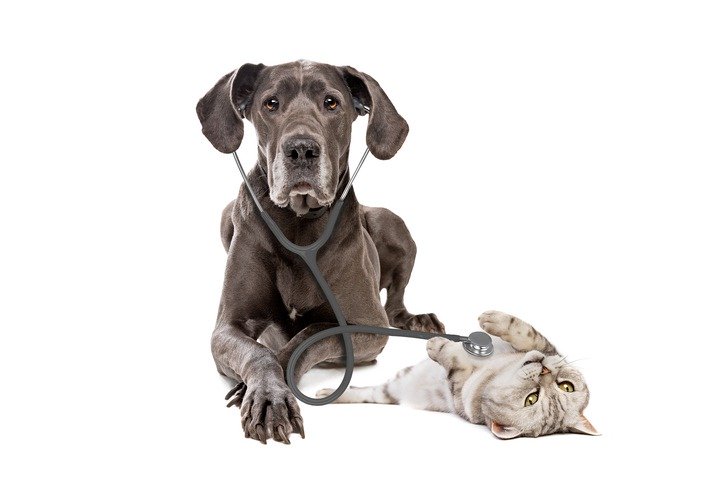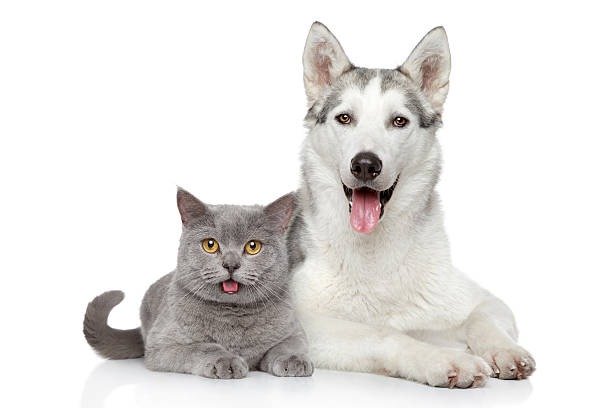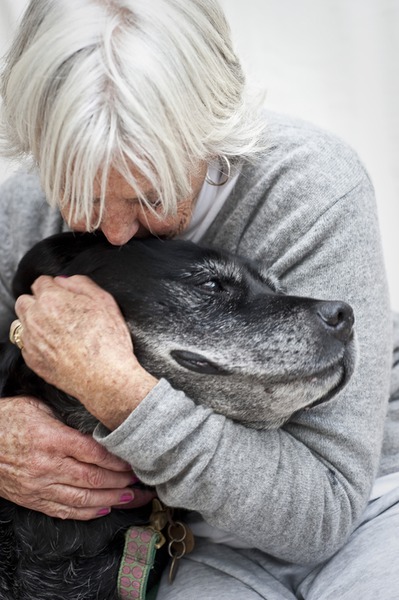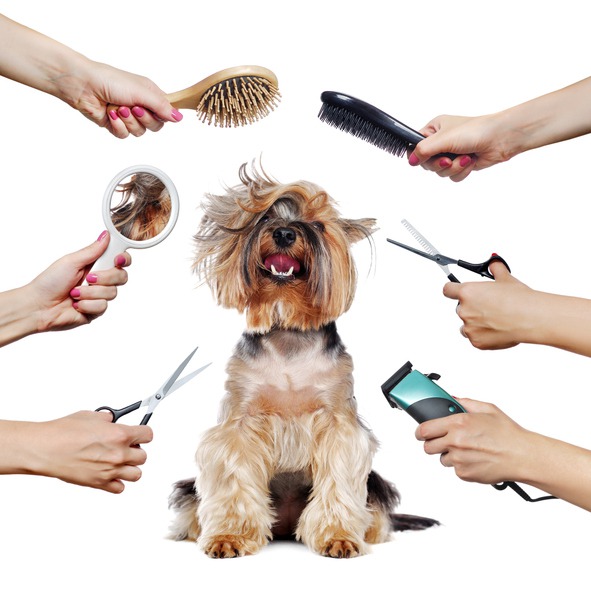Your furry friends are part of the family, and their health is incredibly important. Keeping them healthy is a shared responsibility that requires knowledge and attentiveness. Knowing the common health issues that dogs and cats face can help you ensure they live long, happy lives.
Common Health Issues in Dogs
Dogs are known for their playful and loyal nature, but they’re also prone to certain health issues. Here are some you should be aware of:
-
Obesity: Like humans, dogs can suffer from obesity. It’s often due to overfeeding and lack of exercise. Be sure to monitor your dog’s weight and adjust their diet as needed.
-
Dental Problems: Poor dental hygiene can lead to plaque, gum disease, and even tooth loss. Regular brushing and dental check-ups are essential.
-
Skin Allergies: Dogs can suffer from allergies that cause itching, redness, and hair loss. Common allergens include certain foods, pollen, and flea bites.
-
Arthritis: Older dogs often develop arthritis, leading to pain and mobility issues. Anti-inflammatory medications and supplements can help manage this condition.
-
Heart Disease: Congenital heart conditions or those developed later in life can affect dogs. Regular veterinary check-ups can help detect and manage heart issues early.
Common Health Issues in Cats
Cats are independent creatures, but they, too, suffer from specific health issues. Here are some common ones:
-
Obesity: Like dogs, cats can become overweight, which can lead to other health problems like diabetes and arthritis. Portion control and playtime are critical.
-
Kidney Disease: This is particularly common in older cats. Symptoms include weight loss, increased thirst, and frequent urination.
-
Hairballs: Regular grooming can help reduce the amount of hair a cat ingests, aiding in the prevention of hairballs.
-
Urinary Tract Issues: Cats can suffer from urinary tract infections or blockages, which can be serious. Symptoms include frequent urination and blood in the urine.
-
Dental Issues: Gum disease and tooth decay are also common in cats. Routine dental care and check-ups are recommended.
Overall Health Management
Ensuring the overall health of your pets involves regular vet visits, a balanced diet, and plenty of exercise. Early detection of any health issue can make treatment more effective. If you have a new puppy, it’s crucial to establish a healthcare routine early. A puppy veterinarian can guide you on everything from necessary vaccinations to proper nutrition. Early vet visits also help identify any congenital issues your puppy might have.
Regular Vaccinations
Regular vaccinations are critical to keeping your pets healthy. They prevent many diseases that can be fatal or severely impact the quality of life of your pets. Discuss the best vaccination schedule with your vet to keep your pets protected.
When considering shots for dogs in Elk Grove, CA, it’s key to consult your veterinarian. They can provide a tailored vaccination plan based on your dog’s breed, age, and health status. Vaccinations are a preventive measure that can save your dog from many common and serious diseases.
Signs Your Pet May Be Unwell
Knowing the signs of illness in pets is crucial for ensuring their health and well-being. Being observant allows you to act quickly and seek appropriate veterinary care when necessary. Here are some key signs to watch for that may indicate your pet is unwell:
1. Changes in Appetite or Weight
Sudden changes in your pet’s appetite or weight can signal underlying health issues.
-
Loss of Appetite: A decrease in food intake may indicate illness, dental issues, or stress.
-
Weight Loss or Gain: Significant fluctuations in weight can point to various health problems, including metabolic disorders or digestive issues.
2. Increased Thirst and Urination
Increased thirst (polydipsia) and excessive urination (polyuria) can signify several health conditions.
-
Diabetes: Both increased thirst and urination are common symptoms of diabetes in pets.
-
Kidney Disease: Kidney issues may cause pets to drink more water and urinate frequently.
3. Unusual Lethargy or Hyperactivity
A change in energy levels, whether lethargy or hyperactivity, can indicate health concerns.
-
Lethargy: If your pet appears excessively tired, weak, or refuses to engage in their usual activities, it may signal an illness.
-
Hyperactivity: Sudden bursts of energy or restlessness may also be a sign of underlying issues or anxiety.
4. Persistent Coughing or Difficulty Breathing
Coughing or trouble breathing can be serious and warrants immediate attention.
-
Coughing: Frequent coughing can indicate respiratory infections, allergies, or heart issues.
-
Difficulty Breathing: If your pet is panting excessively, has labored breathing, or appears to be struggling for air, seek veterinary help right away.
5. Lumps or Swellings
Unexplained lumps or swellings on your pet’s body should not be ignored.
-
Growths: Any new lumps or growths should be evaluated by a vet to determine their nature and whether they require further investigation.
-
Swellings: Swelling in certain areas could indicate infections, abscesses, or other health concerns.
6. Persistent Scratching or Licking
Excessive scratching or licking can signal skin issues or allergies.
-
Allergies: If your pet is scratching frequently or licking specific areas, it may suggest allergies or skin irritations.
-
Infections: Persistent grooming behaviors can lead to further irritation or infections, which should be assessed by your vet.
If you notice any of these symptoms, it’s essential to consult your vet as soon as possible. Early detection and intervention can significantly improve your pet’s health outcomes. Remember that observing and knowing your pet’s behavior is invaluable in keeping them healthy and happy.
Diet and Exercise
A balanced diet and regular exercise are fundamental to your pet’s health. Ensure your pets have access to high-quality, nutritious food appropriate for their age and health status. Regular exercise not only keeps them physically fit but also mentally stimulated.
Finding a reliable animal care center in Elk Grove is essential for the health of your pets. Such centers offer a range of services, including regular check-ups, emergency care, and specialized treatments. Building a relationship with a trusted care center ensures that all health needs of your pets are met efficiently.
Final Thoughts
Keeping your pets healthy involves regular vet visits, a balanced diet, exercise, and paying attention to any changes in their behavior or appearance. With the right care, your dogs and cats can enjoy long, happy lives. We hope this guide has provided useful information to keep your furry friends in the best health possible.





